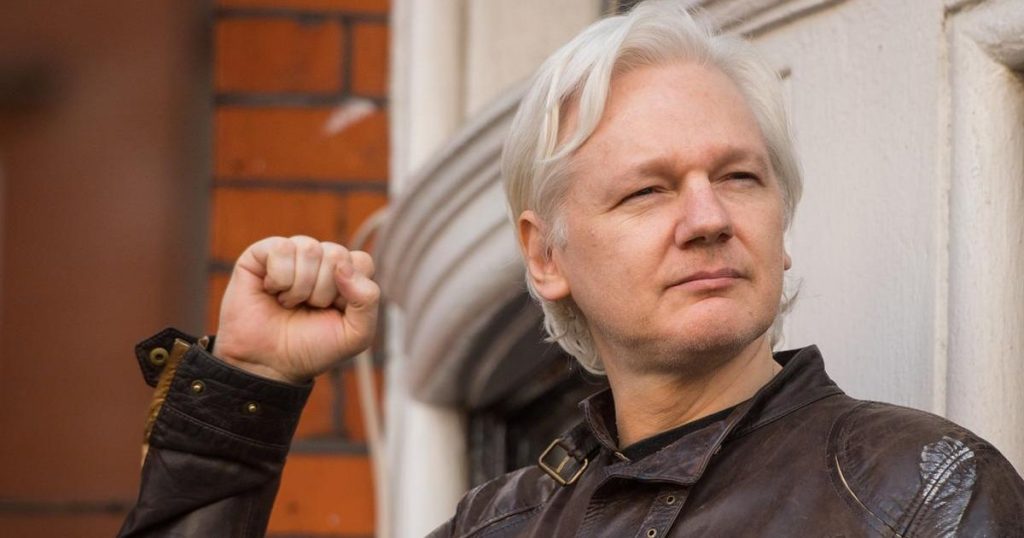Julian Assange has successfully appealed his US extradition order, allowing him to challenge the UK government’s decision. The United States had issued 17 espionage charges and one computer misuse charge against Assange for publishing classified documents on WikiLeaks. Assange’s lawyers argued that the assurances provided by the US regarding his free press protections were inadequate. They claimed that he could not rely on First Amendment protections as a journalist in the US. The US government alleges that Assange solicited, stole, and published classified information with the help of Chelsea Manning, an army intelligence analyst. Assange’s legal team contends that he is a journalist facing a politically motivated prosecution, and fears a denial of justice if extradited to the US.
Julian Assange, an Australian citizen, has spent several years in a British high-security prison and previously sought refuge in the Ecuadorian Embassy in London. The recent high court ruling allows him to appeal his extradition to the US. The Court of Appeal in the UK has opened the door for Assange to challenge his extradition under the grounds of inadequate assurances regarding press freedoms. His legal team maintains that his actions were journalistic in nature, seeking to expose military wrongdoing in Iraq and Afghanistan. However, American prosecutors argue that his activities went beyond journalism, constituting a criminal offense by soliciting and publishing classified documents.
Two high court judges in the UK had previously rejected most of Assange’s arguments, but allowed the case to proceed to the Court of Appeal with certain conditions. The US was required to guarantee that Assange would not face the death penalty if extradited, and that he would have the same free speech protections as a US citizen. These conditions were not deemed sufficient by Assange’s lawyers, leading to the current appeal. The ongoing legal battle highlights the complexities of extradition proceedings involving individuals accused of espionage and computer misuse. Assange’s case raises important questions about press freedoms, political motivations, and access to justice in the realm of classified information disclosure.
Assange’s situation has garnered international attention, with supporters arguing for his right to journalistic freedom and transparency. The revelations brought forth by WikiLeaks have sparked debates on government accountability, surveillance practices, and whistleblower protections. The High Court’s decision to allow Assange to appeal his extradition order underlines the significance of the case and its implications for press freedom and investigative journalism. As the legal proceedings continue, the outcome will not only impact Assange’s fate but also set precedents for future cases involving similar issues of national security, transparency, and freedom of information. The complexities and challenges surrounding this story reflect broader debates on the role of the media, government secrets, and the boundaries of investigative reporting in the digital age.


